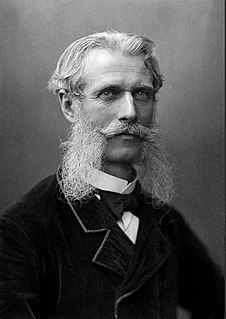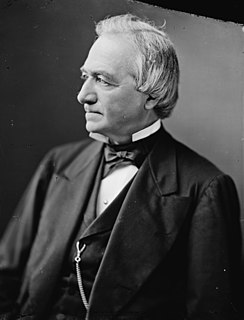A Quote by Edward Gibbon
There are two very natural propensities which we may distinguish in the most virtuous and liberal dispositions, the love of pleasure and the love of action. If the former is refined by art and learning, improved by the charms of social intercourse, and corrected by a just regard to economy, to health, and to reputation, it is productive of the greatest part of the happiness of private life.
Related Quotes
The world is very beautiful and very wonderful. Life can be very easy when love is your way of life. You can be loving all the time. This is your choice. You may not have a reason to love, but you can love because to love makes you so happy. Love in action only produces happiness. Love will give you inner peace. It will change your perception of everything.
To the love of pleasure we may therefore ascribe most of the agreeable, to the love of action we may attribute most of the useful and respectable, qualifications. The character in which both the one and the other should be united and harmonised would seem to constitute the most perfect idea of human nature.
Liberal education, which consists in the constant intercourse with the greatest minds, is a training in the highest form of modesty. ... It is at the same time a training in boldness. ... It demands from us the boldness implied in the resolve to regard the accepted views as mere opinions, or to regard the average opinions as extreme opinions which are at least as likely to be wrong as the most strange or least popular opinions
A disordered currency is one of the greatest political evils. It undermines the virtues necessary for the support of the social system, and encourages propensities destructive to its happiness. It wars against industry, frugality, and economy, and it fosters the evil spirits of extravagance and speculation.
We acquire the love of people who, being in our proximity, are presumed to know us; and we receive reputation or celebrity, from such as are not personally acquainted with us. Merit secures to us the regard of our honest neighbors, and good fortune that of the public. Esteem is the harvest of a whole life spent in usefulness; but reputation is often bestowed upon a chance action, and depends most on success.
In undeveloped social groups, we find very little formal teaching and training. Savage groups mainly rely for instilling needed dispositions into the young upon the same sort of association which keeps adults loyal to their group. They have no special devices, material, or institutions for teaching save in connection with initiation ceremonies by which the youth are inducted into full social membership. For the most part, they depend upon children learning the customs of the adults, acquiring their emotional set and stock of ideas, by sharing in what the elders are doing.
The paths by which people journey toward happiness lie in part through the world about them and in part through the experience of their souls. On the one hand, there is the happiness which comes from wealth, honor, the enjoyment of life, from health, culture, science, or art; and, on the other hand, there is the happiness which is to be found in a good conscience, in virtue, work, philanthropy, religion, devotion to great ideas and great deeds.
Lenten practices of giving up pleasures are good reminders that the purpose of life is not pleasure. The purpose of life is to attain to perfect life, all truth and undying ecstatic love - which is the definition of God. In pursuing that goal we find happiness. Pleasure is not the purpose of anything; pleasure is a by-product resulting from doing something that is good. One of the best ways to get happiness and pleasure out of life is to ask ourselves, 'How can I please God?' and, 'Why am I not better?' It is the pleasure-seeker who is bored, for all pleasures diminish with repetition.
It is an exquisite and beautiful thing in our nature, that, when the heart is touched and softened by some tranquil happiness or affectionate feeling, the memory of the dead comes over it most powerfully and irresistibly. It would seem almost as though our better thoughts and sympathies were charms, in virtue of which the soul is enabled to hold some vague and mysterious intercourse with the spirits of those whom we loved in life. Alas! how often and how long may these patient angels hover around us, watching for the spell which is so soon forgotten!
There is seemingly so little love shared in this world, it is not surprising that we ask, "Where have all the lovers gone?" Since love is the most vital energy for good that is within our power to utilize, it is puzzling why we so seldom do so. Love is just a useless, abstract idea until we put it into action...unless we are always actively living in love, we are not utilizing the greatest gift we have been given and which we, in turn, have to offer.






































